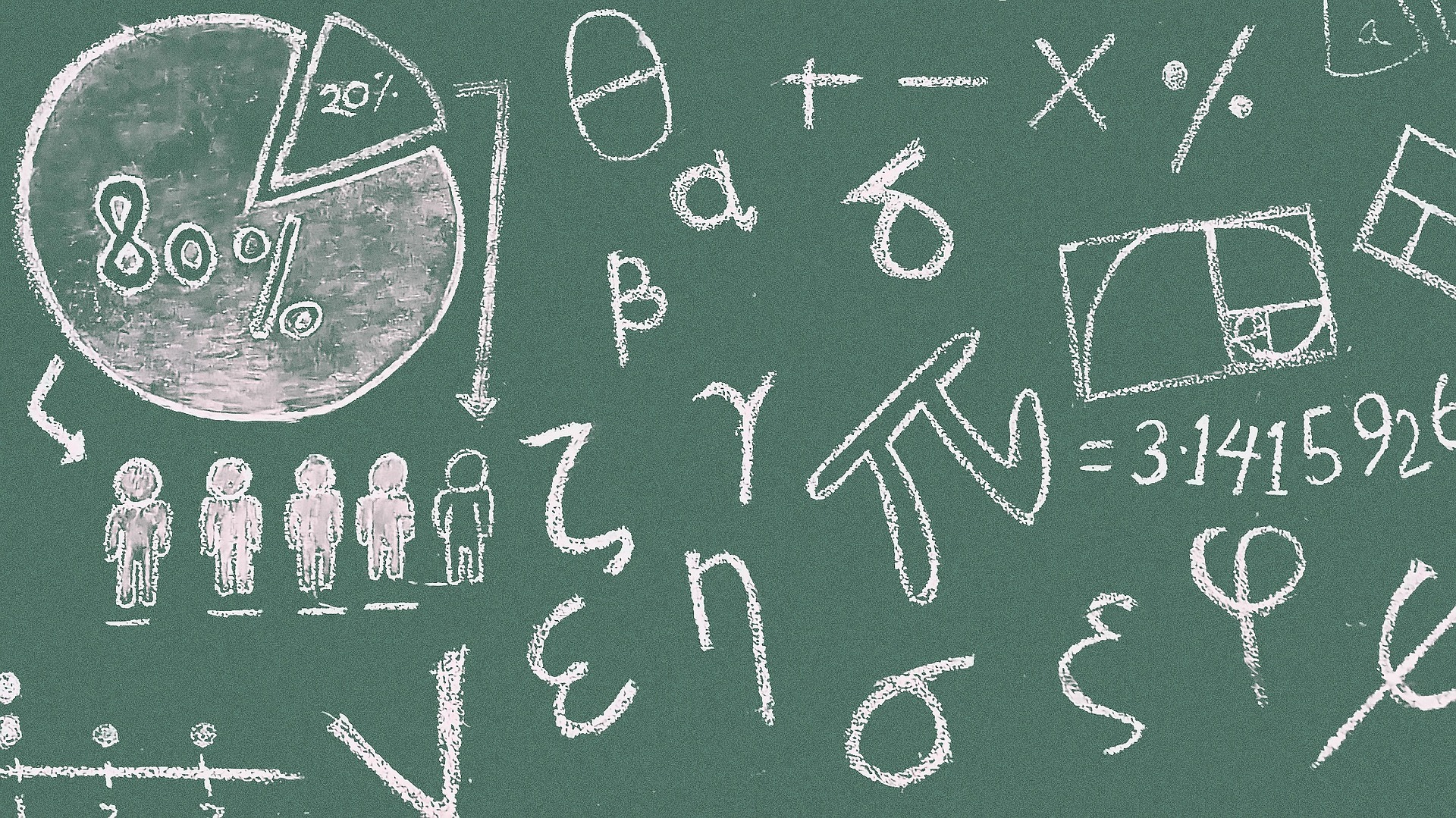Some 224 of the nation’s brainiest middle-schoolers are in DC competing in the 2022 Raytheon Technologies MATHCOUNTS National Competition. Never heard of it? Think the National Spelling Bee but for those good at math.
They’ve come from 50 states (plus the District, U.S. territories, and other U.S.-affiliated schools) for the competition, which includes both a written exam in addition to the live “bee”-style contest. There are some steep prizes at stake, too. The top-achieving competitors will win a total of $44,000 in college scholarships, with the national champion (the winner of the “countdown round”) receiving a $20,000 scholarship.
But whether they win or not, these kids already are the cream of the crop. They’re last-standing competitors of the 25,000 students who participated in the preliminary online chapter competition held earlier this year. In keeping with the theme, we’ll put that mathematically: they’re the top 0.00896% of the original group.
And the DMV has its own pride and joy to cheer on:
- Representing the District:
- 7th grader Arnav Iyengar from Hardy Middle School
- 8th grader Lucas Qi from Georgetown Day School
- 7th-grader William Wu from St. Albans School
- 8th-grader Adnan Gunja from St. Patrick’s Episcopal Day School.
- Representing Maryland:
- 8th grader Albert Lu from Takoma Park Middle School
- 8th grader Alyssa Yu from Roberto Clemente Middle School
- 8th grader Alex Wang from Roberto Clemente Middle School
- 7th grader Jeremy Yang from Burleigh Manor Middle School.
- Representing Virginia:
- 8th grader Sophia Hou from Longfellow Middle School
- 8th grader Ruilin Wang from Frost Middle School
- 7th grader Patrick Du from Frost Middle School
- 8th grader Andrew Chen from Longfellow Middle School.
But, while we’re celebrating all that young brainpower, we’re also wondering…could we solve the types of problems that they’re tackling? In other words, we tried out some of the sample questions to see whether we were smarter than a bunch of middle-schoolers.
It turns out we weren’t. But maybe you are! Find out by answering some of the questions below. To check your guesses (or give up entirely), just scroll to the bottom of the page for the answer key.
Oh, and remember: they’re answering these against the clock. (No pressure or anything.)
1. Alana can make a tutu in 40 minutes. Spencer takes 50% longer. Working together, how many minutes does it take them to make 20 tutus?
2. Phil’s age is 3 times his son’s age. In 18 years, Phil’s age will be twice his son’s age. What is the sum of their current ages?
3. Jem and Scout are in fitness training to become astronauts. During their last training session, Jem ran 3 miles at a speed of 9 miles per hour. Scout walked 3 miles at a speed of 4 miles per hour. How many more minutes did it take Scout than Jem to travel 3 miles?
4. NASA astronaut Raja Chari has 10 black socks, 6 blue socks and 2 red socks in a drawer, and he reaches into the drawer and pulls out two socks without replacement. What is the probability that he will have a pair of blue socks? Express your answer as a common fraction.
5. What is the greatest integer less than 150 that is divisible by exactly three distinct prime numbers?
ANSWERS
- 480 minutes
- 72 years
- 25 minutes
- 5/51
- 140
If you got at least one of those correct, we say you’ve earned yourself a pat on the back. Congrats! And if you didn’t—well, welcome to the club. Although we think you still deserve a high-five for attempting math on a Monday.














